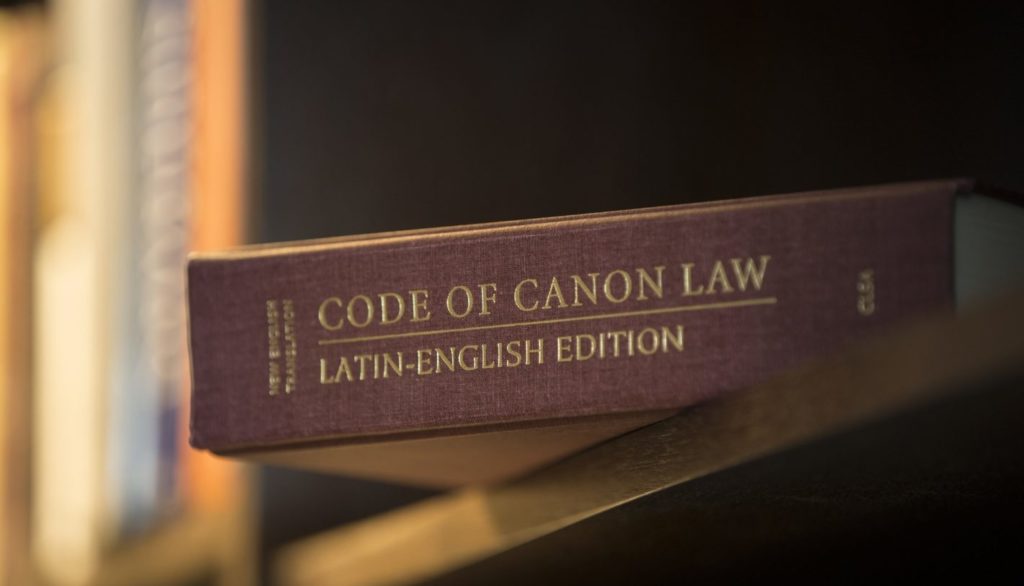









With the Apostolic Constitution Pascite gregem Deidated May 23, 2021, the Solemnity of Pentecost, Pope Francis promulgated the new Book VI of the Code of Canon Law, which contains the regulations on penal sanctions in the Church. The legislative text, "so that everyone can be easily informed and have an in-depth knowledge of the provisions in question," will enter into force on December 8, the Solemnity of the Immaculate Conception. It is one of the seven books of which the Code of Canon Law is composed.
Pope Francis states in the Constitution approving the modification of the Code that it was necessary to review the penal discipline promulgated by St. John Paul II: "In the context of the rapid social changes that we are experiencing, well aware that "... the penal discipline of the Church is not only a matter of the law, but also of the law of the Church.we are not simply living in an era of change, but in a change of era."(Audience to the Roman Curia on the occasion of the presentation of Christmas greetings, December 21, 2019), in order to respond adequately to the needs of the Church throughout the world, it was evident that the penal discipline promulgated by St. John Paul II on January 25, 1983, with the Code of Canon Law, also needed to be revised. It was necessary to modify it in such a way that it could be used by Pastors as an agile, salutary and corrective instrument, and that it could be used in a timely and effective manner. caritas pastoralisin order to prevent greater evils and to heal the wounds caused by human weakness".
Indeed, the text of Book VI has been improved, also from a technical point of view, especially with regard to some fundamental aspects of criminal law, such as the right to defense, the statute of limitations for criminal and penal action, a clearer determination of penalties, which responds to the requirements of criminal legality and offers the Ordinary and Judges objective criteria when identifying the most appropriate sanction to be applied in each specific case.
In the revision of the text, in order to favor the unity of the Church in the application of penalties, especially with respect to crimes that cause greater harm and scandal in the community, has also been followed, servatis de iure servandisThe criterion of reducing the cases in which the imposition of sanctions is at the discretion of the authority.
Modification phases
Francis explains in the Pascite gregem Dei that Benedict XVI, in 2007, had already entrusted the Pontifical Council for Legislative Texts with the task of undertaking the revision of the penal norms contained in the 1983 Code.
On the basis of this assignment, the Dicastery has been engaged in a concrete analysis of the new requirements, identifying the limits and shortcomings of the current legislation and determining possible clear and simple solutions.
A first draft of the new Book VI of the Code of Canon Law was sent to all the Episcopal Conferences, to the Dicasteries of the Roman Curia, to the Major Superiors of Religious Institutes, to the Faculties of Canon Law and to other ecclesiastical institutions, in order to gather their observations. At the same time, the Pope says in the document, numerous canonists and experts in criminal law from all over the world were also consulted. The results of this first consultation were then examined by a special group of experts who modified the text of the draft according to the suggestions received, and then submitted it again to the consultants for examination.
Finally, after successive revisions and studies, the final draft of the new text was studied at the Plenary Session of the Members of the Pontifical Council for Legislative Texts in February 2020. After the corrections indicated by the Plenary Session, the draft text was transmitted to the Pope himself.












